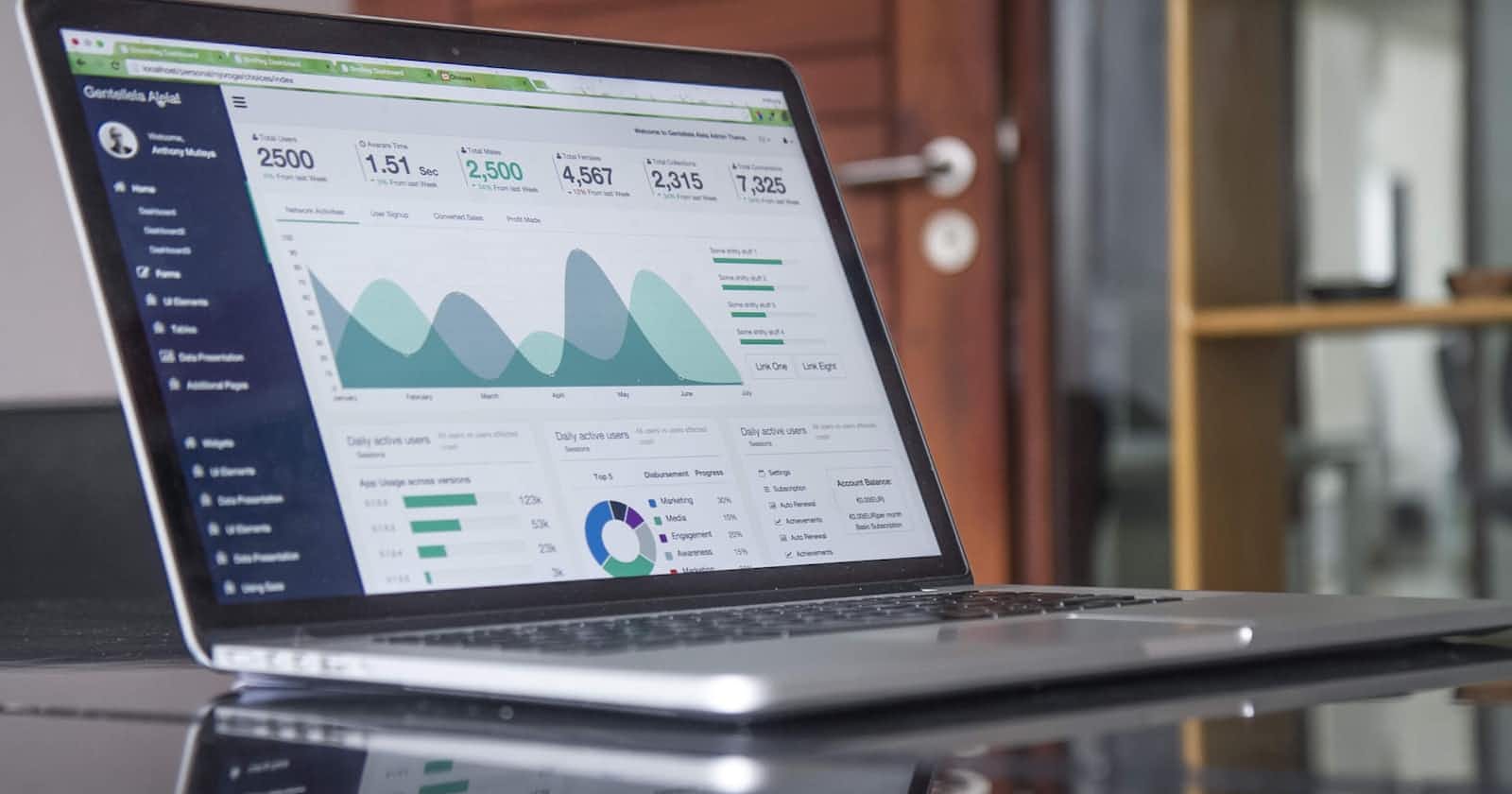
Photo by Carlos Muza on Unsplash
How to Choose the Best Accounting Software for Your Freelancing
How I picked the accounting software for me and my freelance business
As a freelance developer or someone looking to start freelancing, managing your finances is crucial to the success of your business. Accounting software is one of the essential tools you'll need to manage your finances effectively. It can help you track expenses, invoice clients, collect payments, and generate financial reports. However, with so many available options, it can be overwhelming to choose the best accounting software for your business. Here are some tips to help you get started.
Identify Your Business Needs
The first step in selecting the best accounting software for your freelance business is to identify your specific needs. Consider the most important features to your business, such as time tracking, invoicing, or project management. Make a list of the features you need and prioritize them based on their importance.
Compare Software Options
Once you have identified your business needs, research accounting software options that meet those needs. Some popular options for freelancers include FreshBooks, QuickBooks Self-Employed, Xero, Wave, and Zoho Books. Look at the features, pricing, and customer reviews of each software option to determine which ones best meet your needs and budget.
Try Before You Buy
Many accounting software options offer free trials, which allow you to test the software before committing to a paid plan. Take advantage of these free trials to get a feel for the software and see if it is easy to use and navigate. Ensure the software offers the features you need and you can get help quickly and easily if you run into any issues.
Consider Scalability
As your freelance business grows, your accounting needs may become more complex. Consider choosing accounting software that can grow with your company and offer more advanced features as you need them. FreshBooks and Xero, for example, offer more advanced features for larger enterprises.
Look for Integrations
Many accounting software options offer integrations with other software and services, such as payment processors, time tracking, and project management software. Look for software options that provide integrations with the other tools you use to run your business.
Keep Your Budget in Mind
Accounting software can vary widely in price, with some options being free and others costing hundreds of dollars per month. Consider your budget and choose a software option that offers your desired features within your price range. QuickBooks Self-Employed, for example, is a low-cost option that is ideal for freelancers and small businesses.
When I started freelancing, I was using spreadsheets to manage my finances. However, as my business grew, I needed a more robust accounting solution that could handle invoicing, expense tracking, and generating financial reports. After researching various options, I decided to try Wave because it was free and offered all the features I needed to manage my finances effectively and efficiently.
I know that, eventually, I'll have to upgrade to a more advanced accounting software solution as my business grows. Still, I'm happy to do so because I enjoy learning new software and expanding my skill set. In the meantime, Wave is the perfect solution for my needs, and I highly recommend it to other freelancers who are just starting and have a limited budget.
In conclusion, selecting the best accounting software for your freelance business requires careful consideration of your specific needs, software features, and budget. By following these tips and taking advantage of free trials, you can find the accounting software that will help you manage your finances effectively and efficiently, just like I did with Wave.
